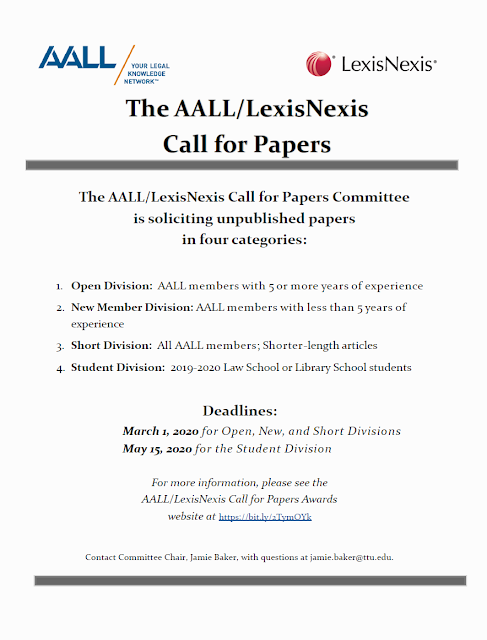Google Books Sufficiently Transforms To Be Deemed Fair Use
Many outlets, including The Chronicle of Higher Ed, note that Google Books recently received another big win in favor of fair use. The U.S. Court of Appeals for the Second Circuit handed Google another victory on Friday in a high-profile case about copyright infringement, declaring that its scanning of books as part of the Google Books project constitutes fair use. In its ruling, a unanimous three-judge panel of the court upheld a federal judge’s 2013 ruling against the Authors Guild, which sued the tech giant in 2005.
As The Atlantic notes, "the Google Books case had seemed to drag on forever: The Authors Guild first filed suit 10 years ago. But the theory behind the eventual ruling was a quarter-century in the making."
In 2004, Google began scanning books—copyrighted and non-copyrighted alike—in academic libraries with the plan of making portions of that material available online for free. Users of Google Books now know how this works: You can search Google’s scanned-book database for a fact or a quote and see part of the page that includes that fact or quote. Google Books will then show you a “snippet” of the book without revealing the rest of the book.
The Authors Guild, a professional group of published writers which had alleged Google’s scanning of library books and displaying of free “snippets” online violated its members’s copyright.
But the court has deemed the Google Books project as fair use.
Fair use—which lets people use and adapt copyrighted works without getting the explicit permission of their owner—is a distinctly American concept. Instead of setting out specific statutory exemptions to copyright, as many other countries do, U.S. law issues four broad factors which guide whether the permission-less use of a copyrighted work is fair. This means that fair use can evolve and change over time; it also means that the only real way to find out if something is “fair use” is to ask a federal court.
Ultimately, the court found that Google’s unauthorized digitizing of copyright-protected works, creation of a search functionality, and display of snippets from those works are non-infringing fair uses. The purpose of the copying is highly transformative, the public display of text is limited, and the revelations do not provide a significant market substitute for the protected aspects of the originals.
This is a boon for access of information! We can continue to search the actual texts of books through Google Books to determine, through the snippets, if the book is relevant to us. Once we determine relevance, we can find the book in a local library.
As The Atlantic notes, "the Google Books case had seemed to drag on forever: The Authors Guild first filed suit 10 years ago. But the theory behind the eventual ruling was a quarter-century in the making."
In 2004, Google began scanning books—copyrighted and non-copyrighted alike—in academic libraries with the plan of making portions of that material available online for free. Users of Google Books now know how this works: You can search Google’s scanned-book database for a fact or a quote and see part of the page that includes that fact or quote. Google Books will then show you a “snippet” of the book without revealing the rest of the book.
The Authors Guild, a professional group of published writers which had alleged Google’s scanning of library books and displaying of free “snippets” online violated its members’s copyright.
But the court has deemed the Google Books project as fair use.
Fair use—which lets people use and adapt copyrighted works without getting the explicit permission of their owner—is a distinctly American concept. Instead of setting out specific statutory exemptions to copyright, as many other countries do, U.S. law issues four broad factors which guide whether the permission-less use of a copyrighted work is fair. This means that fair use can evolve and change over time; it also means that the only real way to find out if something is “fair use” is to ask a federal court.
Ultimately, the court found that Google’s unauthorized digitizing of copyright-protected works, creation of a search functionality, and display of snippets from those works are non-infringing fair uses. The purpose of the copying is highly transformative, the public display of text is limited, and the revelations do not provide a significant market substitute for the protected aspects of the originals.
This is a boon for access of information! We can continue to search the actual texts of books through Google Books to determine, through the snippets, if the book is relevant to us. Once we determine relevance, we can find the book in a local library.


Comments
Post a Comment